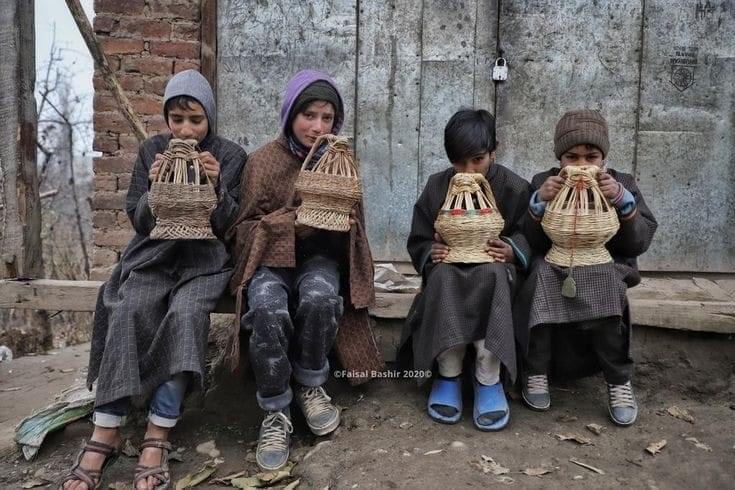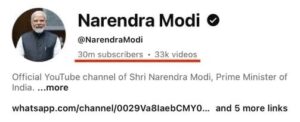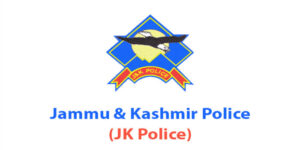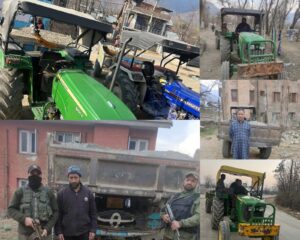Surviving Kashmir’s Harsh Winter: Tips for Staying Warm and Healthy

By| Farooq Ahmad Lone
As winter tightens its grip on Kashmir, the drop in temperatures day and night demands extra effort to stay warm and healthy. In these chilling months, it’s crucial to be well-prepared with warm clothing, heating arrangements, and strategies to protect ourselves from the cold, especially vulnerable groups like children, the elderly, and the sick. While we cannot change the climate, we can take practical steps to mitigate its harsh effects.
To begin with, wearing thick, warm clothing is essential. Layering up not only keeps us warm outdoors but also helps maintain body heat indoors. Additionally, avoiding cold water and switching to warm or hot water for daily tasks is a must. Hot water for drinking and during meals can help maintain warmth from the inside.
Heating devices like heaters, blowers, and even air conditioners can provide relief indoors. However, power outages—common in Kashmir during winter—can disrupt these sources of warmth. In such cases, thick blankets and traditional heating devices like the Kangri can be invaluable. The Kangri, a portable heating tool, can be carried from room to room, providing constant warmth.
Families should consider spending more time in shared spaces, like the kitchen, where collective body heat helps maintain warmth. For those with knowledge of thermodynamics, it’s easy to understand that heat transfer from one person to another can help keep a room warmer, reducing heat loss.
On sunny days, even the weak winter sunlight offers some relief, providing a natural heating effect. A brief exposure to sunlight can help warm the body and even charge solar-powered devices.
Staying clean is another crucial factor in combating the cold. Dirt can prevent heat absorption, so maintaining hygiene by taking regular baths—even in winter—can make a noticeable difference in how we feel.
Finally, consulting with healthcare professionals about winter health tips can help us stay fit and safe during these cold months. By following these simple steps, we can reduce the impact of winter and protect ourselves and others from its harshest effects.
About Author: Farooq Ah Lone, a graduate in Political Science with an interest in writing on International Relations,For inquiries, contact lonefarooqahmad80@gmail.com





